It’s easy to find out what is on the minds of people in Peterborough today. Just a quick hop onto Twitter will reveal stories about elections and The Parkway and music festivals and theatre performances — all preserved in cyberspace in 140 characters or less. These stories make up the social landscape of our city and contribute to our modern culture.
But what were people talking about a century ago? What were the news items of our often-forgotten past?
There’s no doubt that Peterborough has a colourful history, one that’s created a sense of pride in our community. You can find a lot of information online describing Peterborough’s unique heritage. But to understand the full scope of our past, we need to dig a lot deeper than a handful of random facts found on the internet. Thankfully, local writer and historian Patrick Conway is doing the research for us.
At his Peterboriana blog, Patrick has undertaken possibly one of the most ambitious projects dedicated to the history of Peterborough. In his weekly “This Week In Peterborough” column, Patrick is working through the years as he takes a look at the news items from Peterborough’s past and translates the major headlines and points of interest to a readable and informative article.
The result is a snapshot of what the real issues and news stories were in Peterborough over a century ago. Starting at 1858, Patrick moves up a year each week, providing a miniature look at the stories that were dominating the thoughts and minds of Peterborough people at that time — and finding out that, in many cases, they were thinking about a lot of the same things that we are now.
Originally from Edmonton, Patrick moved to Peterborough three years ago and has been studying Peterborough’s culture as an outsider looking in ever since.
“When I travel, I enjoy learning the history of places,” Patrick explains. “Peterborough is very well served by local historians. It’s one of the attractive things about this town. But I thought there was room for one more.”
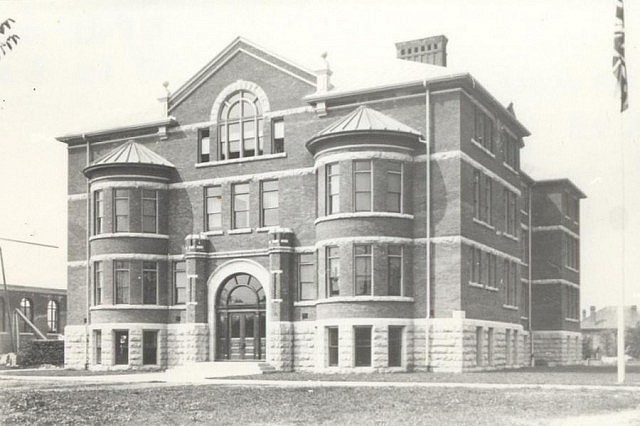
From war and elections to sporting events and murder, most of Patrick’s stories are actually in the public domain. You just have to know where to find them.
“As an outsider, you have to do the work,” Patrick says. “These are not stories that I grew up with. I have to go and look up what happened.”
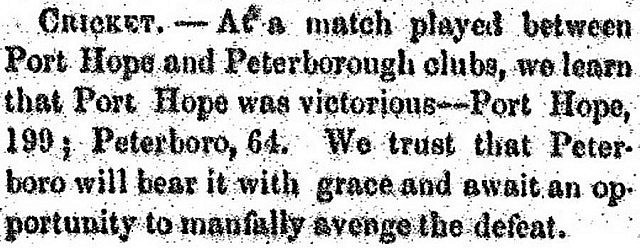
“The Examiner was established around 1847,” he explains. “There were a number of other papers that aren’t as archived as completely as The Examiner. There was the Peterborough Review, Peterborough Dispatch, and Peterborough Times. But The Examiner has been constant.”
When he began his “This Week in Peterborough” series in June of this year, Patrick took a historical look at 1858 with stories of financial scandal and local tensions about a political group known as The Orange Order. Meanwhile, in international news, Britain was attempting to suppress the African slave trade, leading to political and religious unrest.
Although Patrick devotes much of his research on Peterborough news, international headlines are also an important part of his research to gain a larger insight to the backdrop of Peterborough on a larger world scale. During a time where Peterborough was a lot more isolated and disconnected from the rest of the world than it is now, international affairs were still on the minds of Peterborough’s citizens.
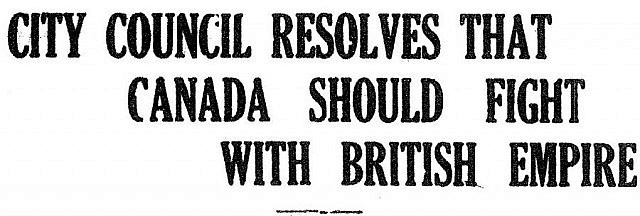
Other entries in Patrick’s series talk about the Italian wars, Napoleon III, and General Giuseppe Garibaldi. Closer to home, much attention to the anticipation of Confederation has been a topic in recent entries.
But during a time before social media or even the telephone, how did Peterborians get their information?
“The thread of international issues is interesting, considering how they got their news — which was by steamship,” Patrick says. “The telegraph was just in the process of being made and not fully functional. Despite this, there was tremendous knowledge of the world news.”
Meanwhile, letters to the editor and guest columnists have offered further insight to the attitudes and opinions of people from Peterborough’s past, but Patrick explains that that is a territory of research that needs a bit more care when analyzing.
“You have to be a little bit careful about that, because sometimes certain newspapers carry certain biases or views. You need to look at them as if they were not particularly the view of the entire community, but maybe somebody’s personal take.”
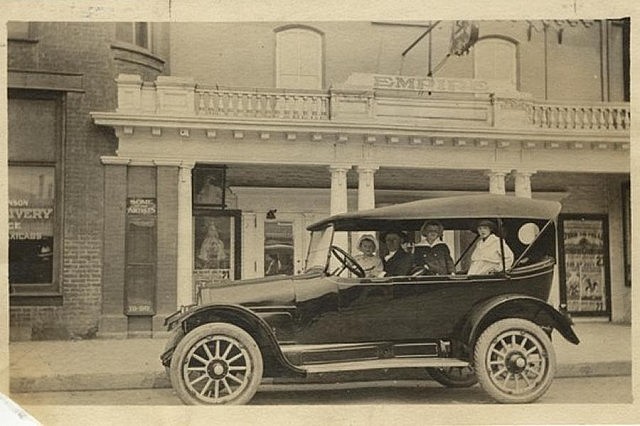
“If I had to sum up the cultural landscape quickly, it was very British people living back in the rural areas,” he explains. “They were working extremely hard to be as British as they could be in the circumstances they were in.”
Although Trent University wouldn’t be established for over another century, Patrick has noticed that a cultural subculture was already rising out of what was a very hard-working rural community.
“Peterborough was much more disconnected from Toronto than it is now,” he says. “It was a bit out of the way, but there was a tremendously literate culture. You have Catherine Parr Trail and Suzanna Moody writing and bringing in books. Slightly later. you have Isabella Mackenzie Crawford who was a poet. So you have the same two cultures as we have today — one is blue collar and one is very literate and academic.”
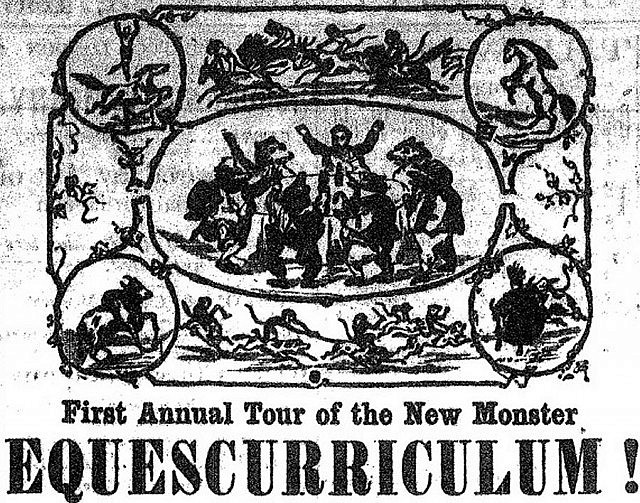
Although there’s never been this kind of documentation of Peterborough’s history and culture before, Patrick is modest about his efforts.
“Basically, it’s just storytelling,” he says. “I think it’s important to know the history of a place, so I’m doing whatever little bit I can to help that along.”
You can find Patrick’s Peterboriana blog at peterboriana.wordpress.com and you can follow him on Twitter at @Peterboriana.



























